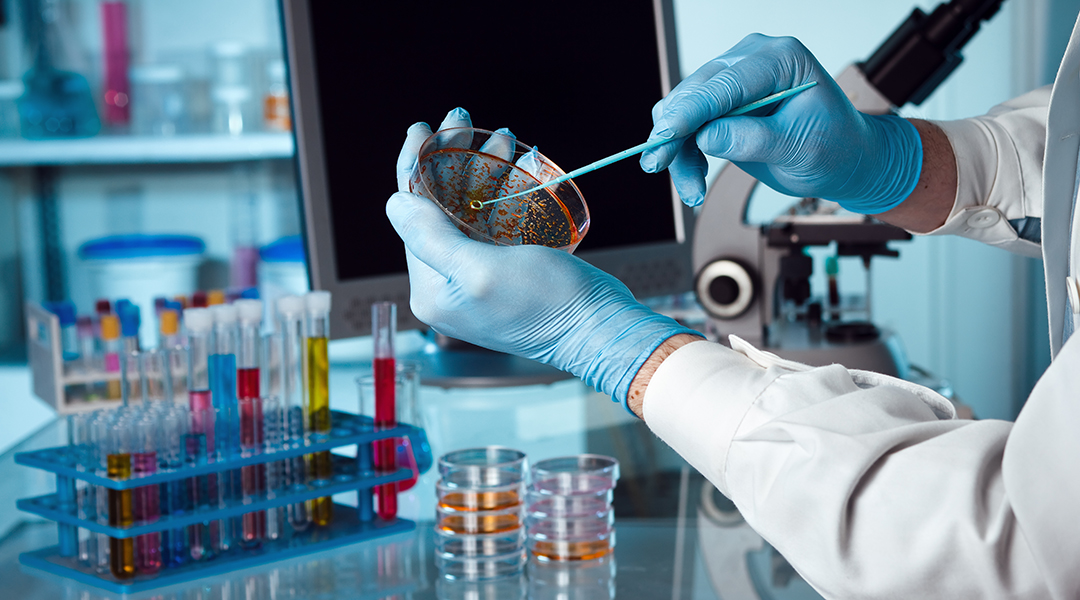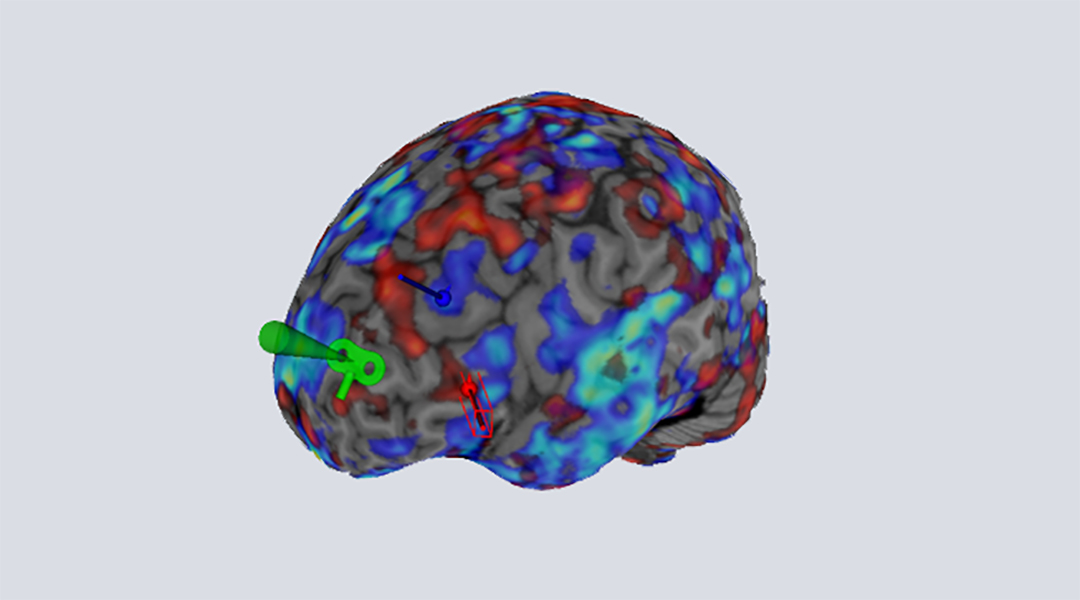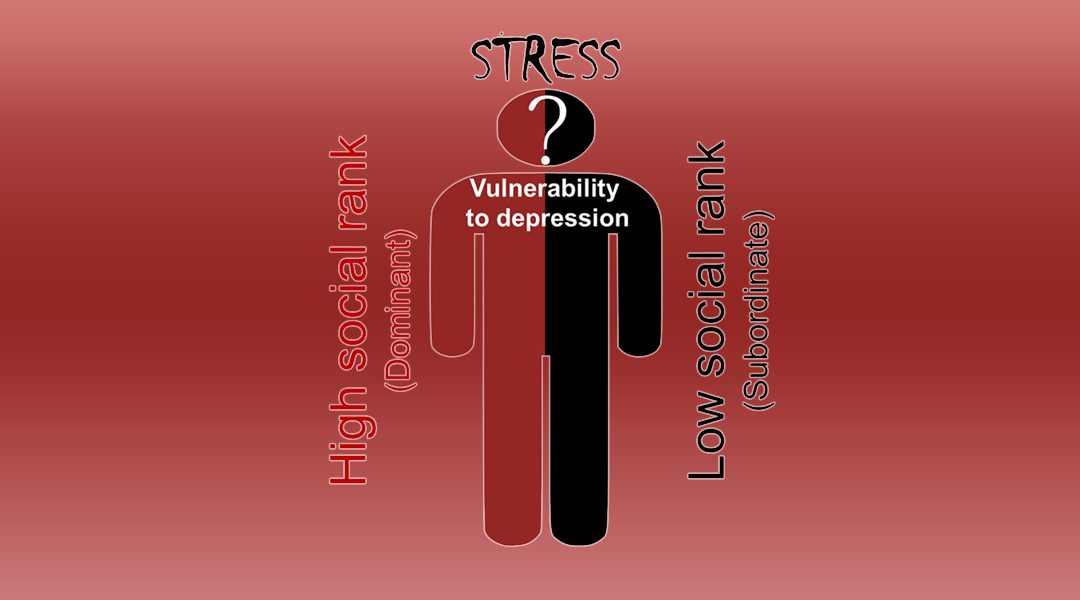Data from over 300,000 participants has revealed a potential genetic link between depression and cardiovascular disease in women.


Data from over 300,000 participants has revealed a potential genetic link between depression and cardiovascular disease in women.

How embracing complementary therapies for depression and anxiety during cancer therapy can be a powerful way to enhance quality of life and patient outcomes.

The antipsychotic medication aripiprazole has been shown to help adults over 60 with treatment-resistant depression.

An extensive database will help scientists better understand the link between our gut microbiota and depression to inform new, tailored therapies.

Taking advantage of progress made in neuroimaging, researchers hope that personalized treatments for mental disorders using brain stimulation therapies will be the way forward.

Thomas Larrieu and Carmen Sandi discuss whether social rank is a predictive risk factor for stress-induced depression.

New drug reverses fentanyl overdoses by targeting opioid receptors outside the brain, avoiding withdrawal caused by traditional treatments.

Scientists find unique combinations of oral microbes can help identify states of stress in pregnant individuals.

Haruka Sasaki is researching how melatonin impacts asthma to create new treatments for life-threatening nocturnal attacks.

A mouse study provides new insights into the brain mechanisms behind the effectiveness of SAD lamps in alleviating depression.